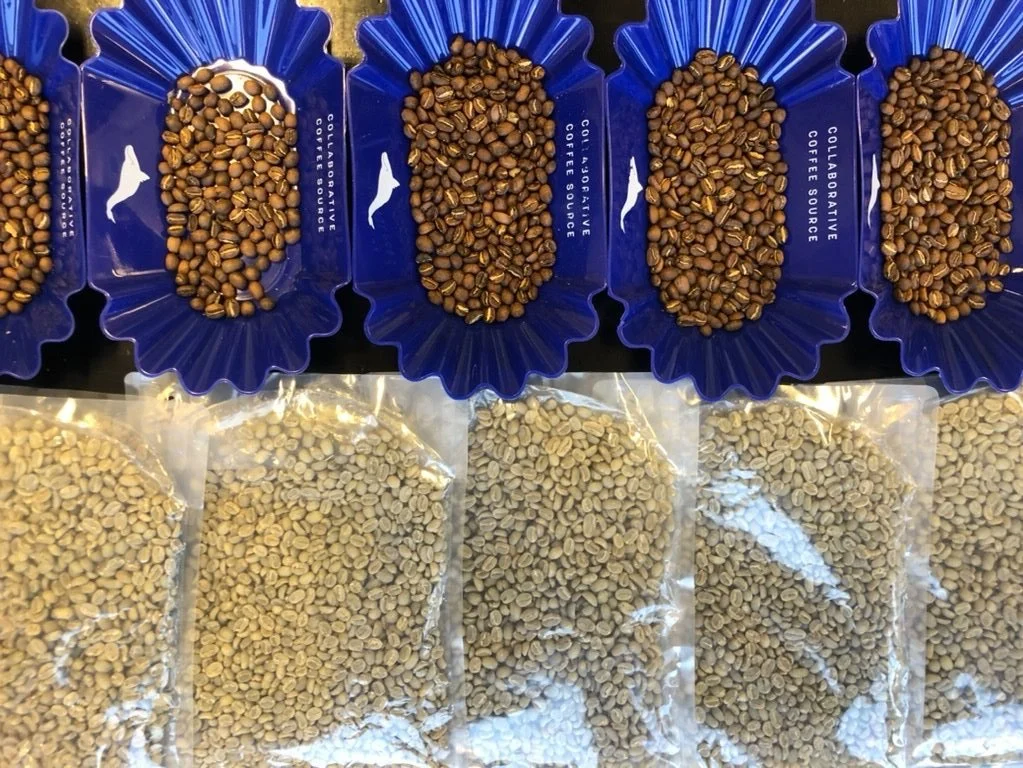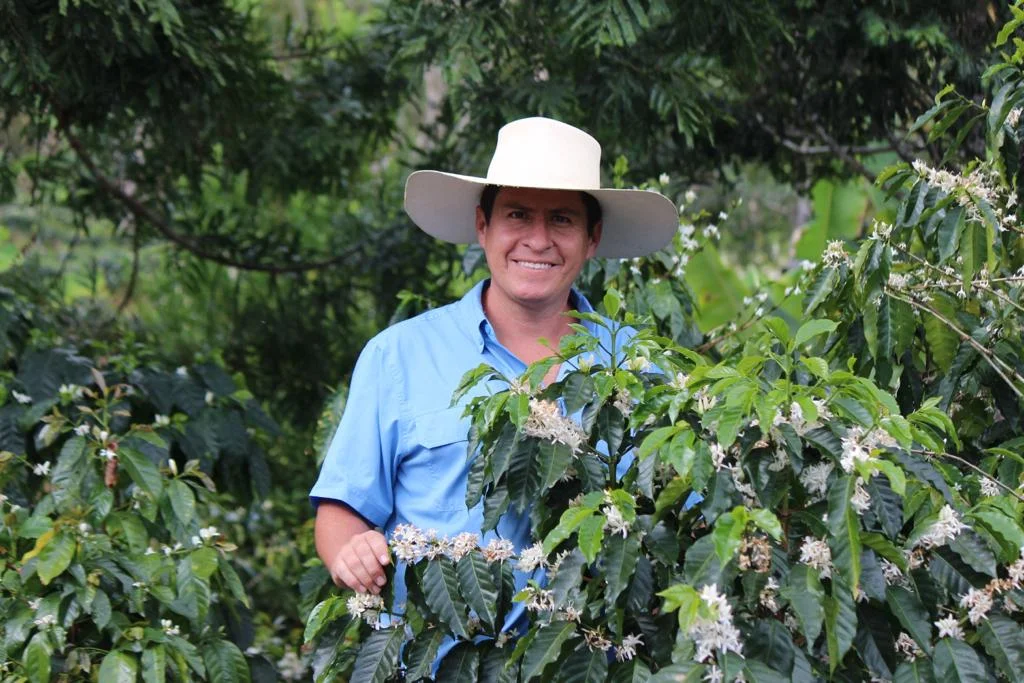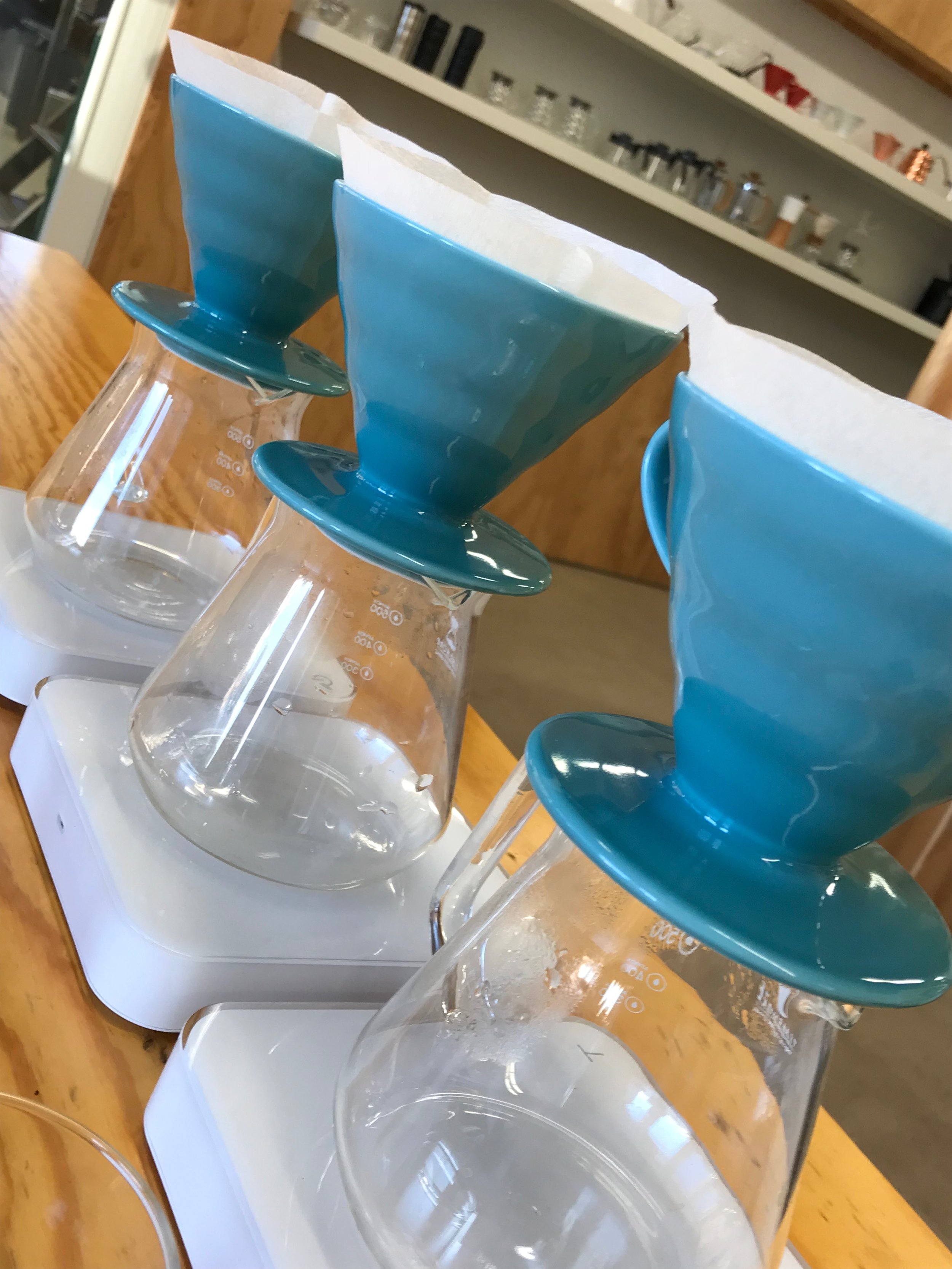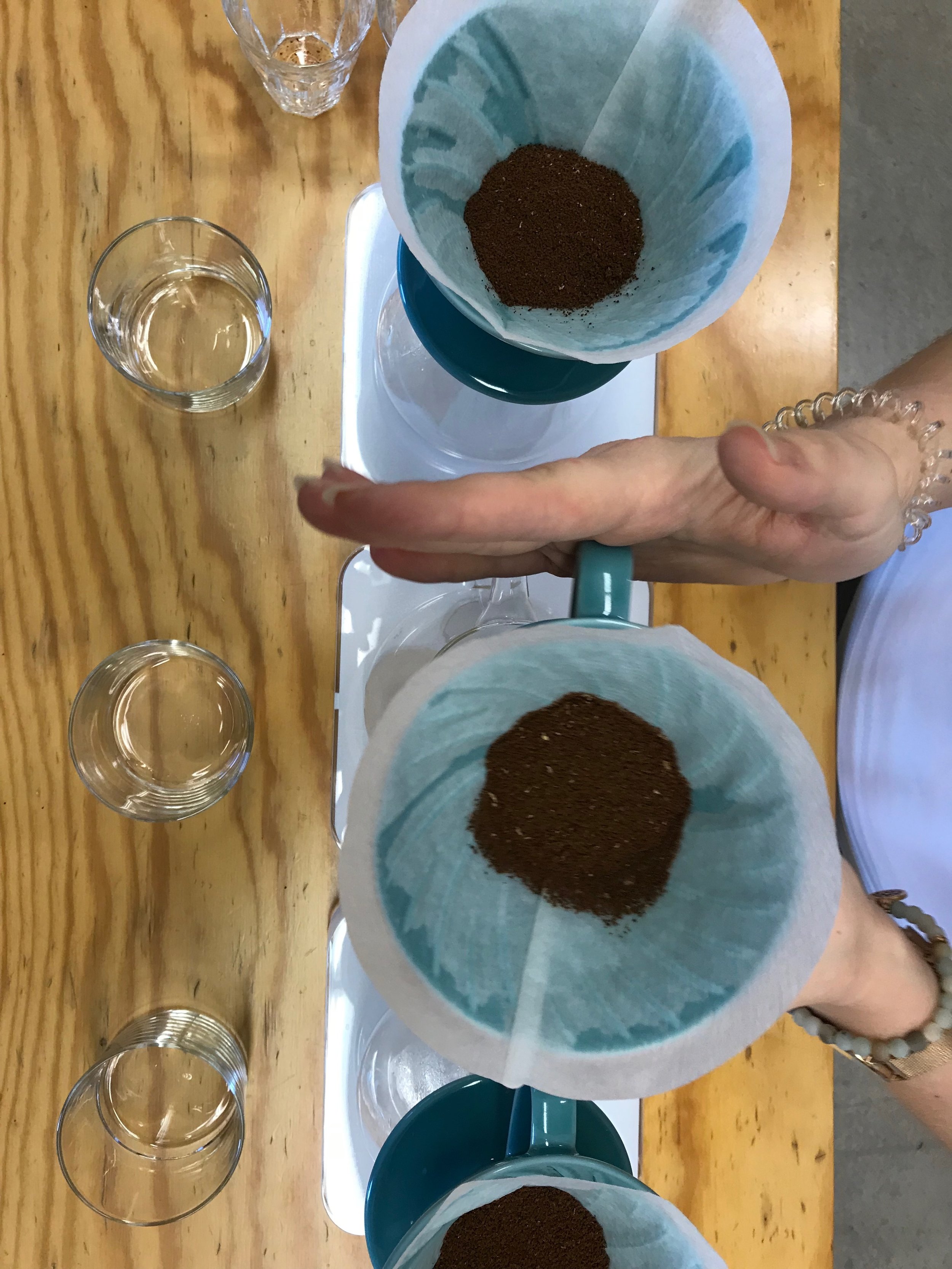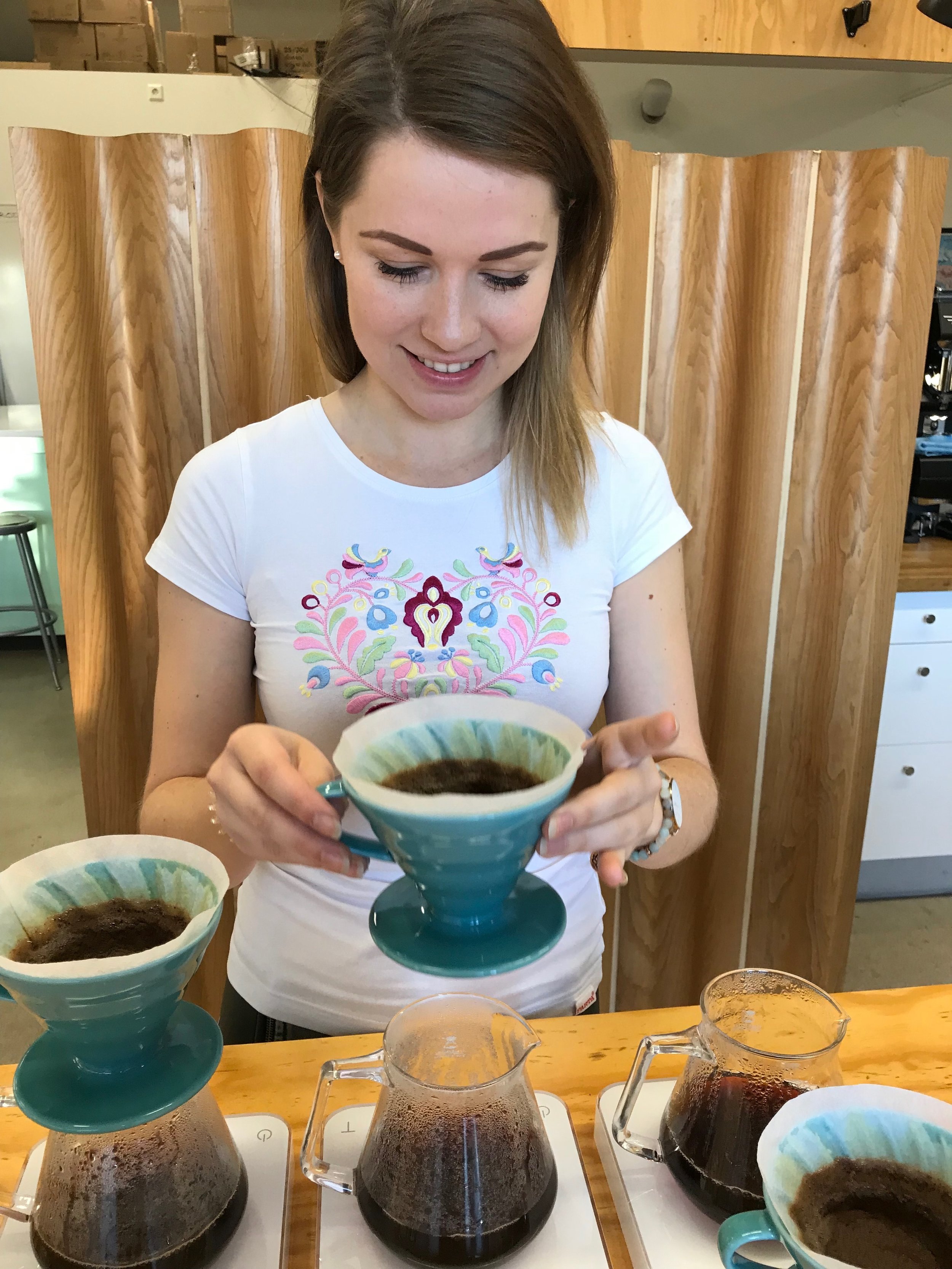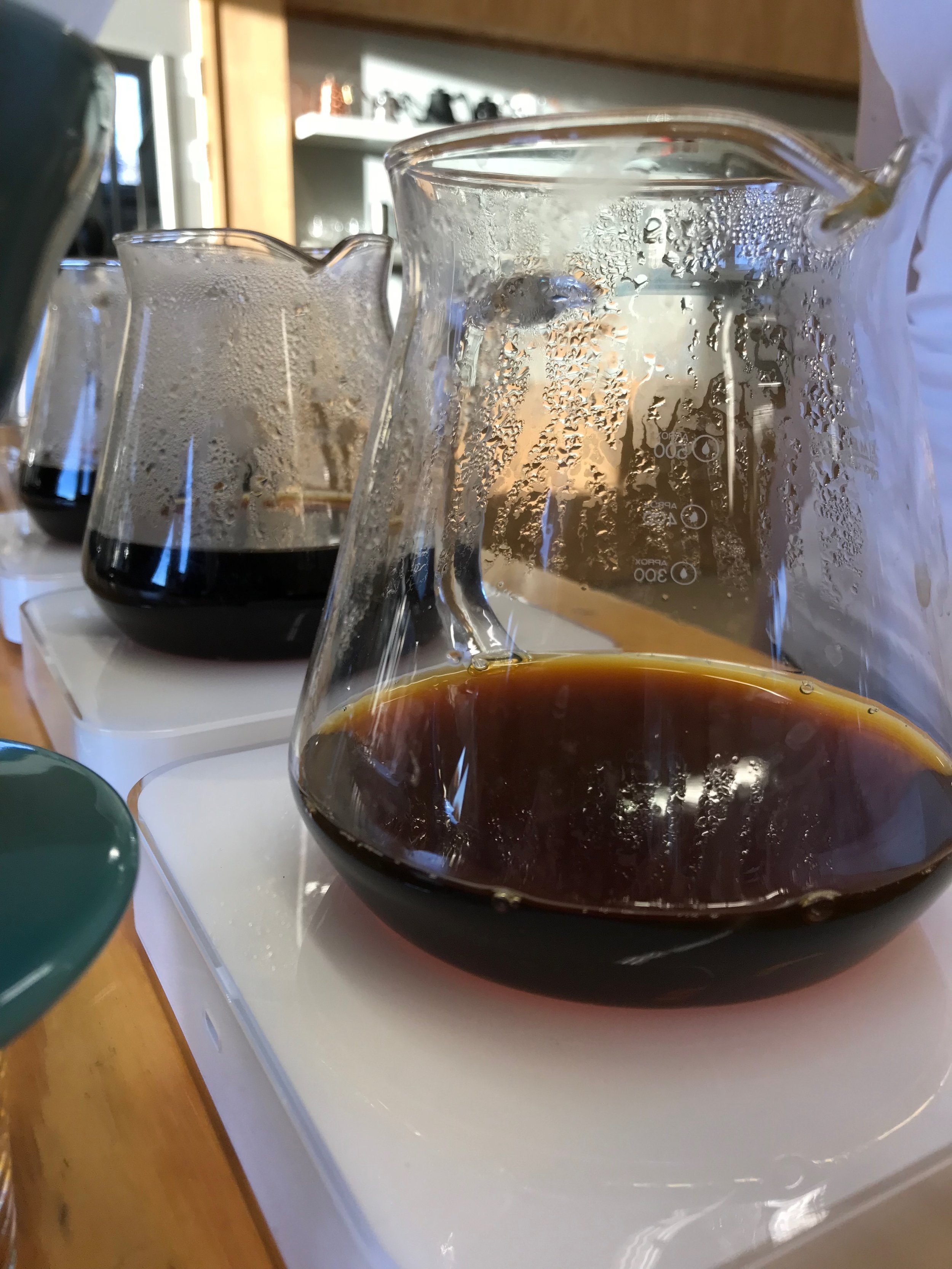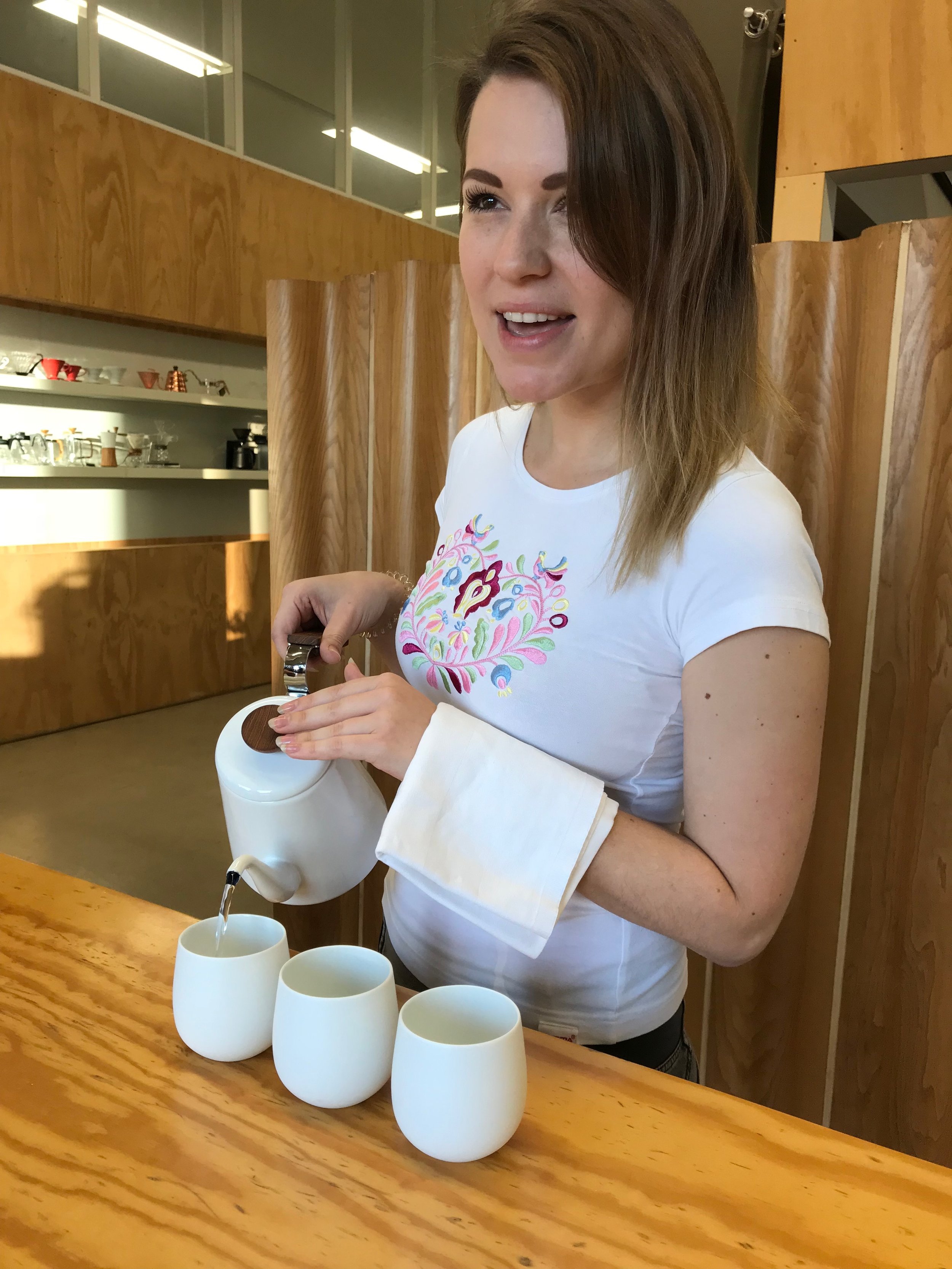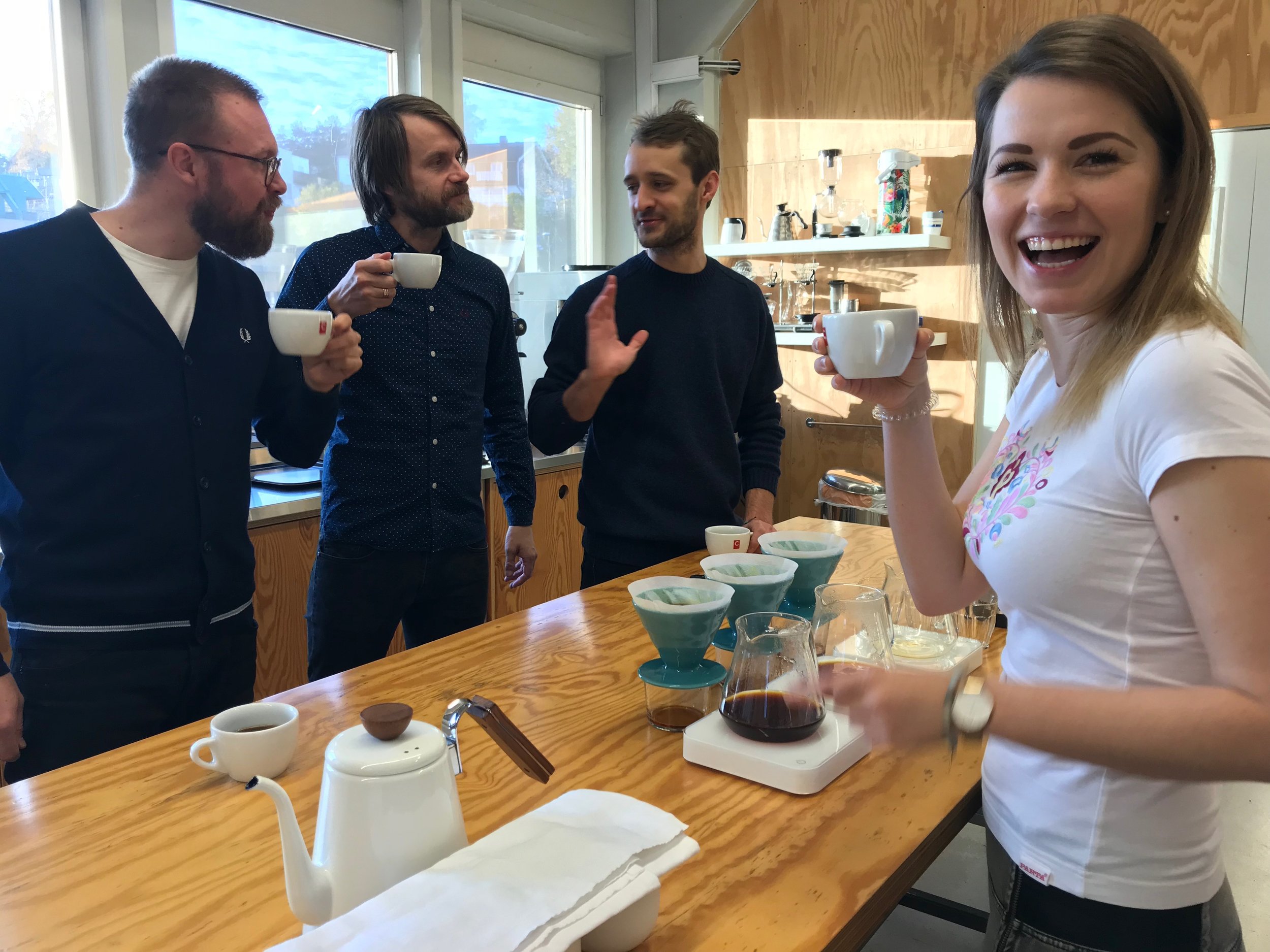We have written many blog posts this season about our friends and partners, Carmo Coffees, in Brazil. With each and every post, my desire to visit Carmo de Minas grew. When they announced that the World Brewers Cup would be held in Brazil, my heart leapt. It meant I could also visit Santuario Sul. Cupping the first releases from this farm earlier this year, my reaction was like most others at the table: “hey, are you sure this is Brazil?” I couldn’t wait to see the plants and the process in action.
4th coffee wave?
I visited the Santuario Sul farm in early November, a quiet time of the year for this part of Brazil. There was no noise coming from the processing machine, no workers around carrying cherries. Instead the team were preparing land for another season while cupping and reviewing this year’s harvest.
While things might have been chill on the farm, they were very exciting on the table. This year Brazil has surprised us all, importers, roasters and competitors alike. What’s happening in Brazil right now could be called fourth coffee wave. Well-resourced Brazilian producers are harnessing new technology, experimenting with different processing techniques, and planting new varieties. This is to discover new taste profiles, improve the longevity of their coffee, and create replicable systems that ensure quality coffee every harvest.
Carmo Coffees are among those pioneering new fermentation methods and varieties. On their farm, Santuario Sul, they have created a coffee garden with over 25 varieties of coffee. So far, we have tasted Sudan Rume and SL28. We expect to see even more varieties this coming harvest.
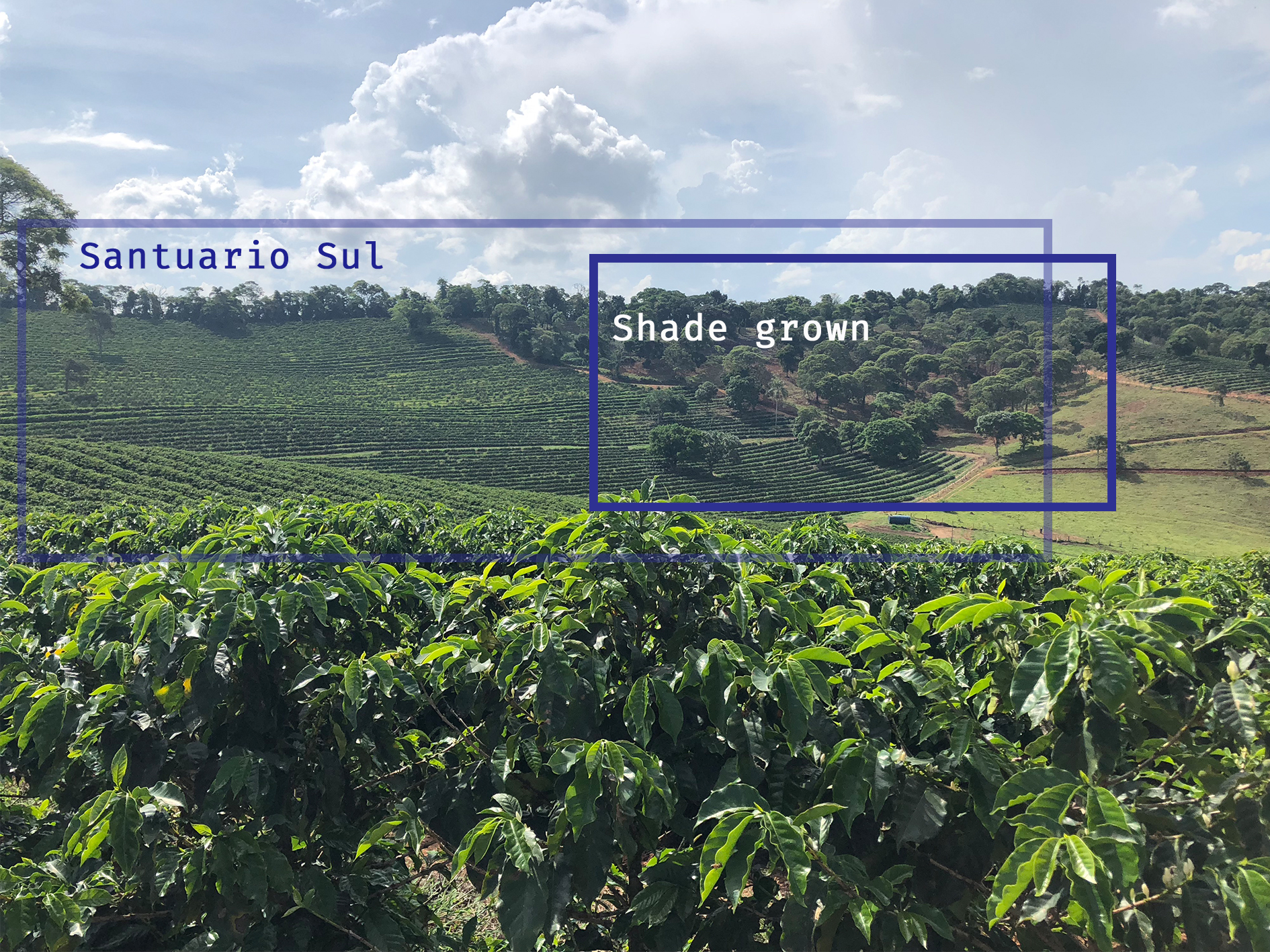
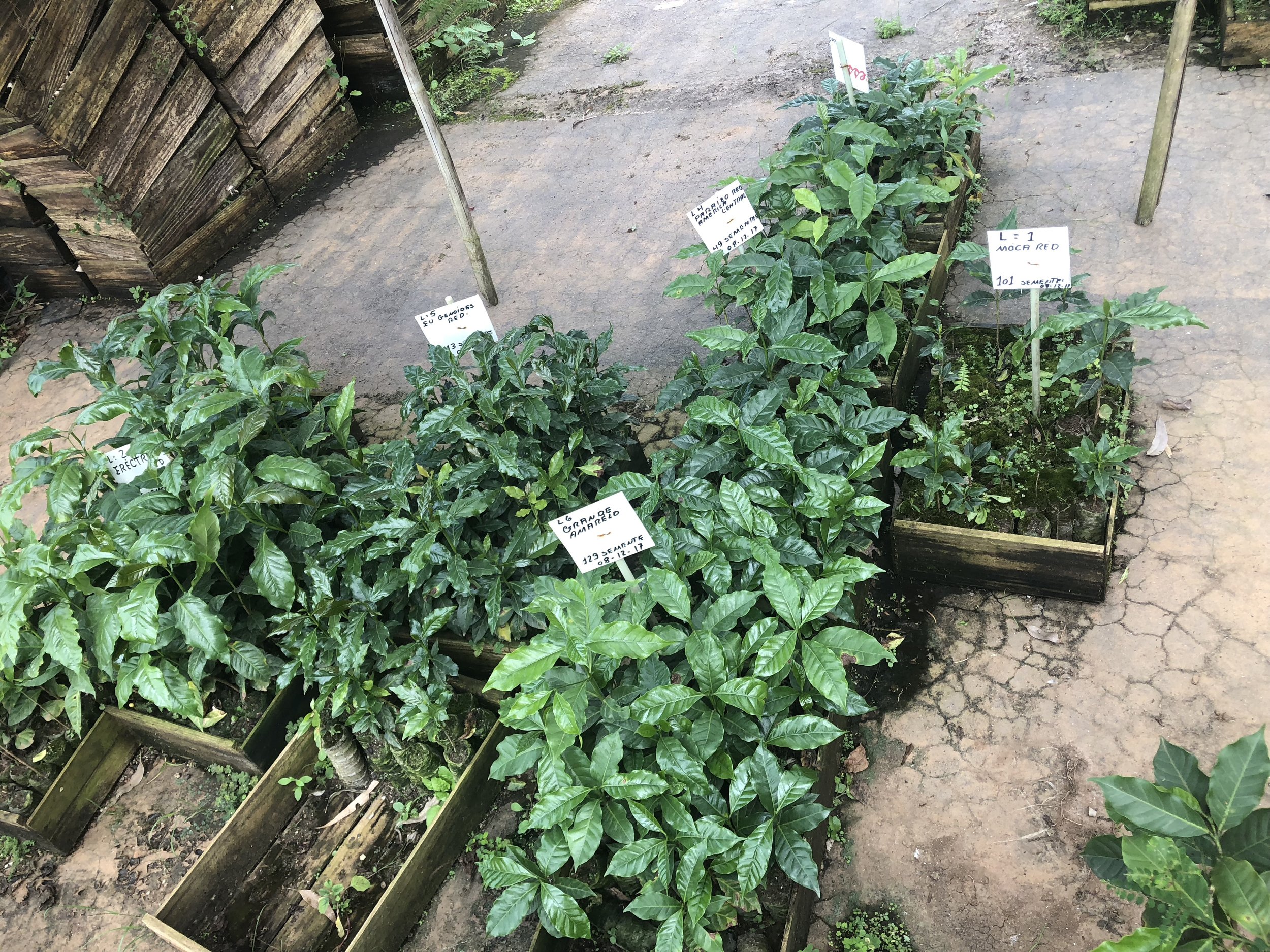
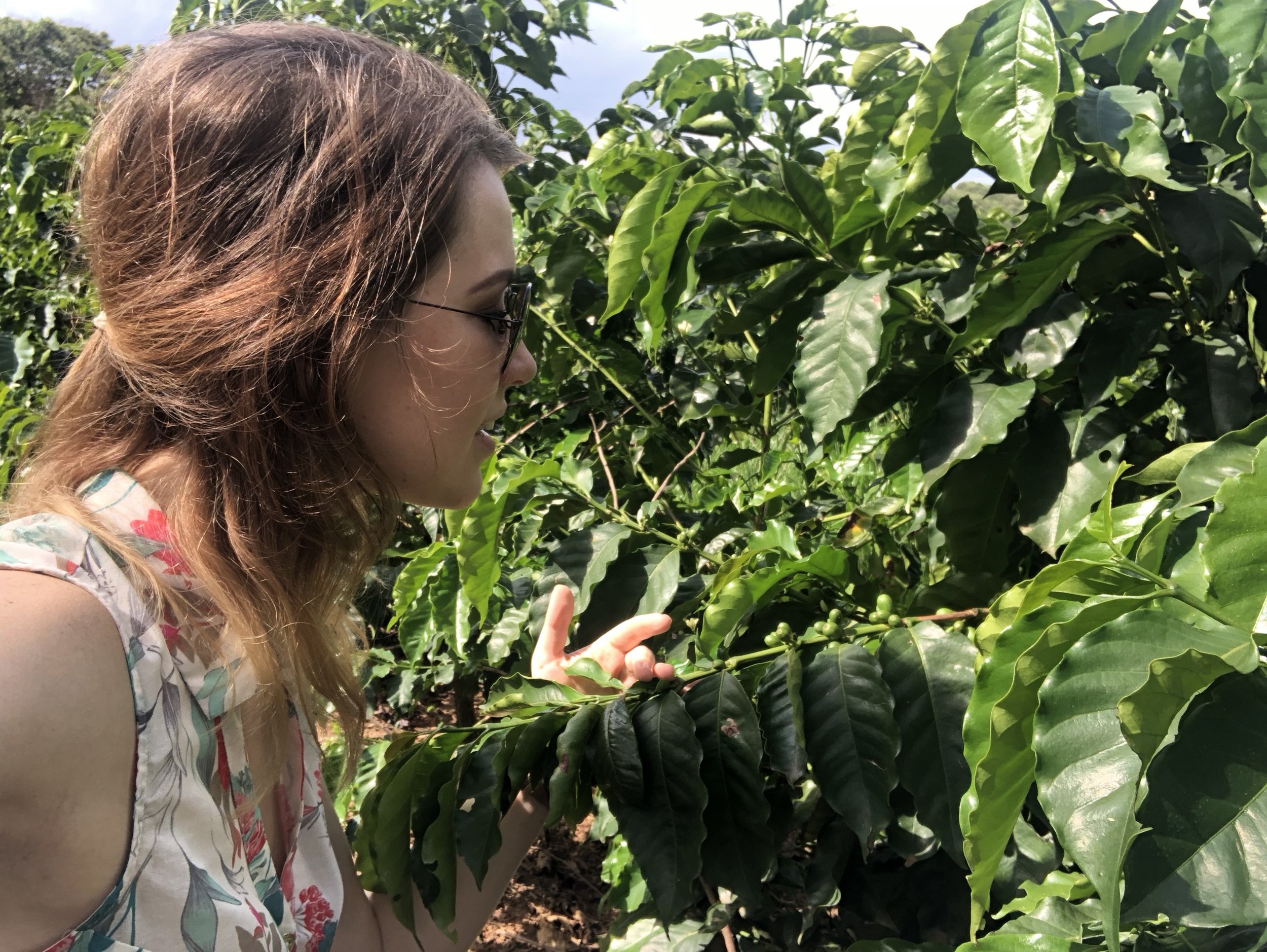
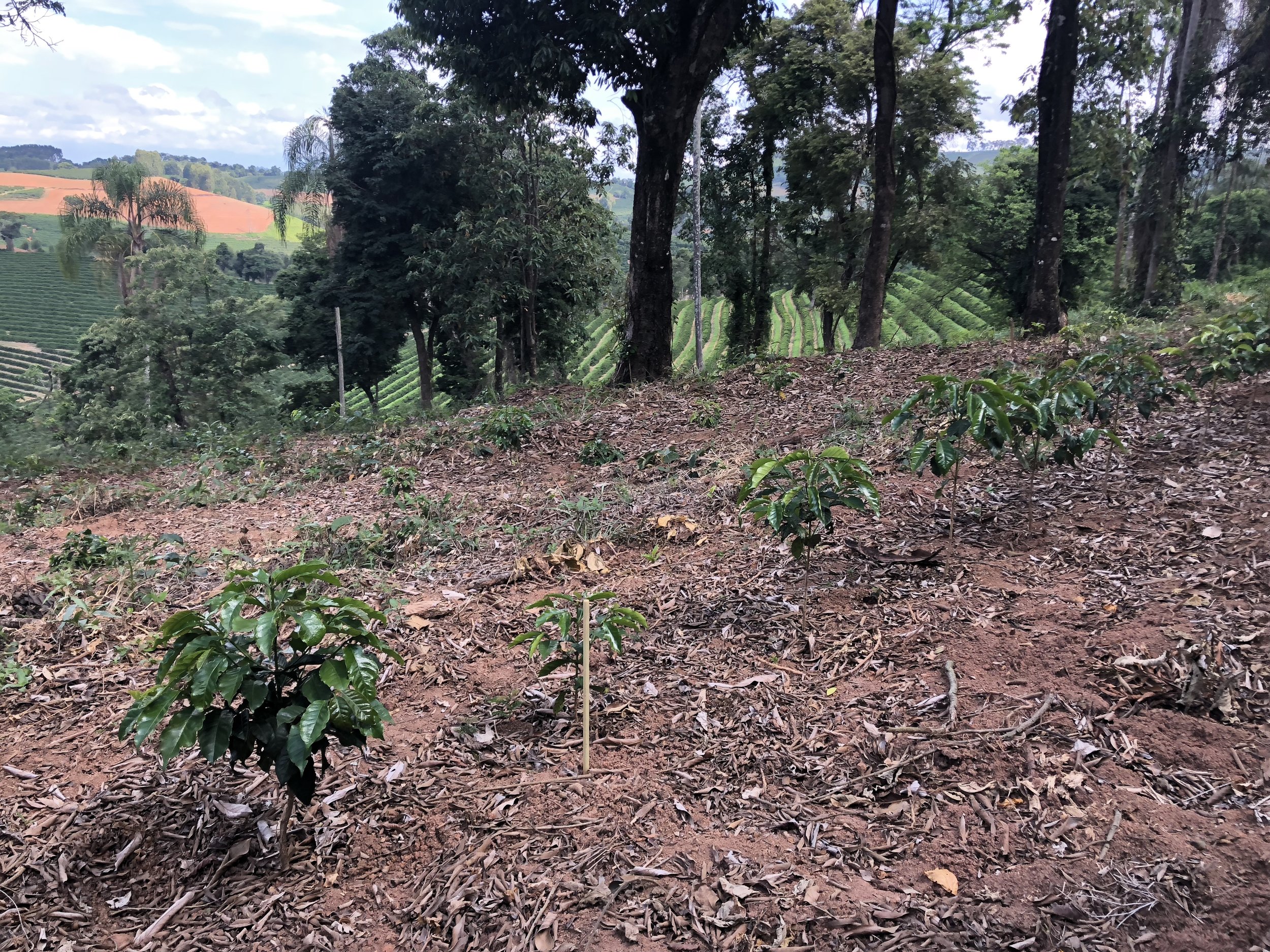
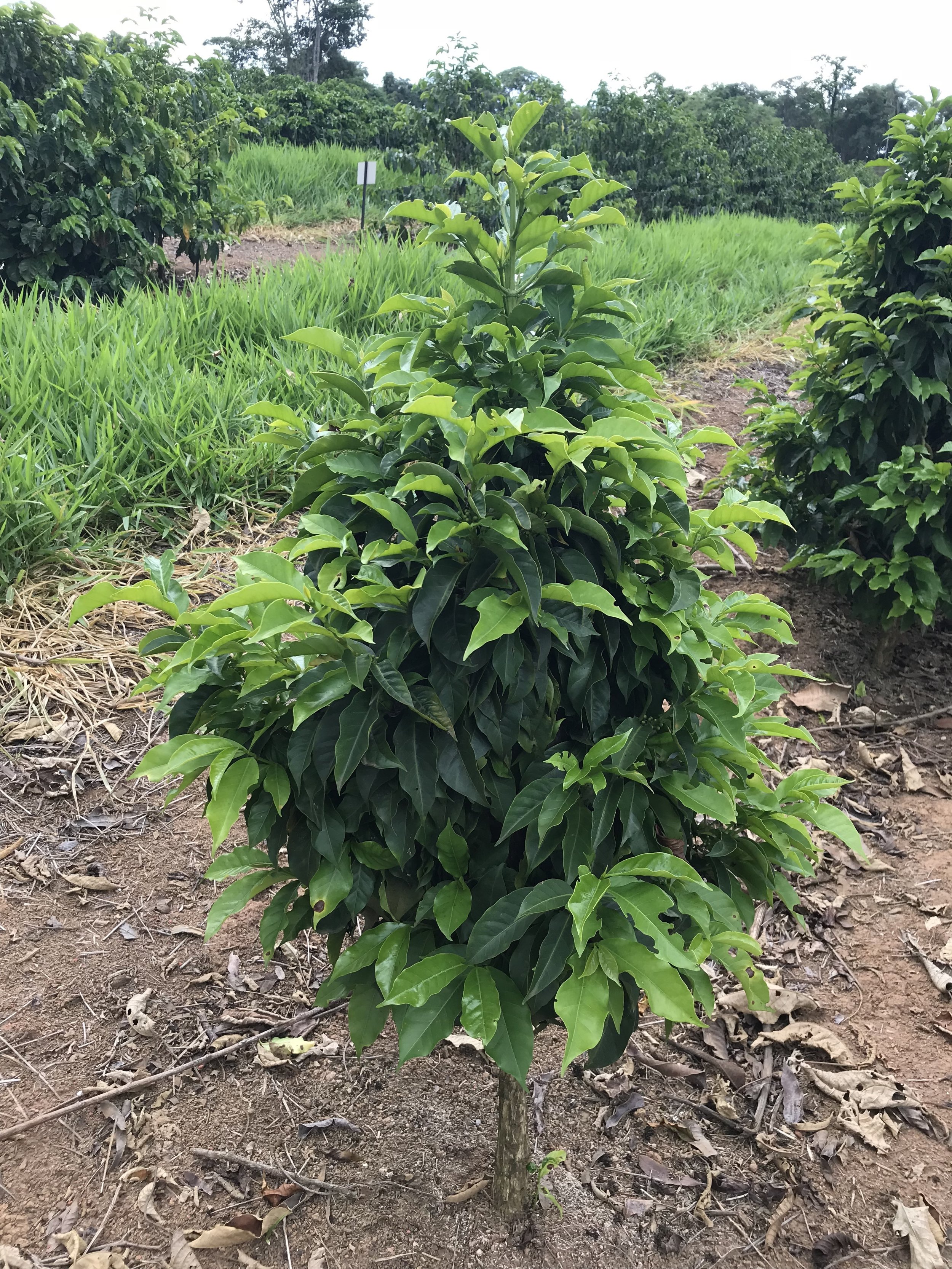
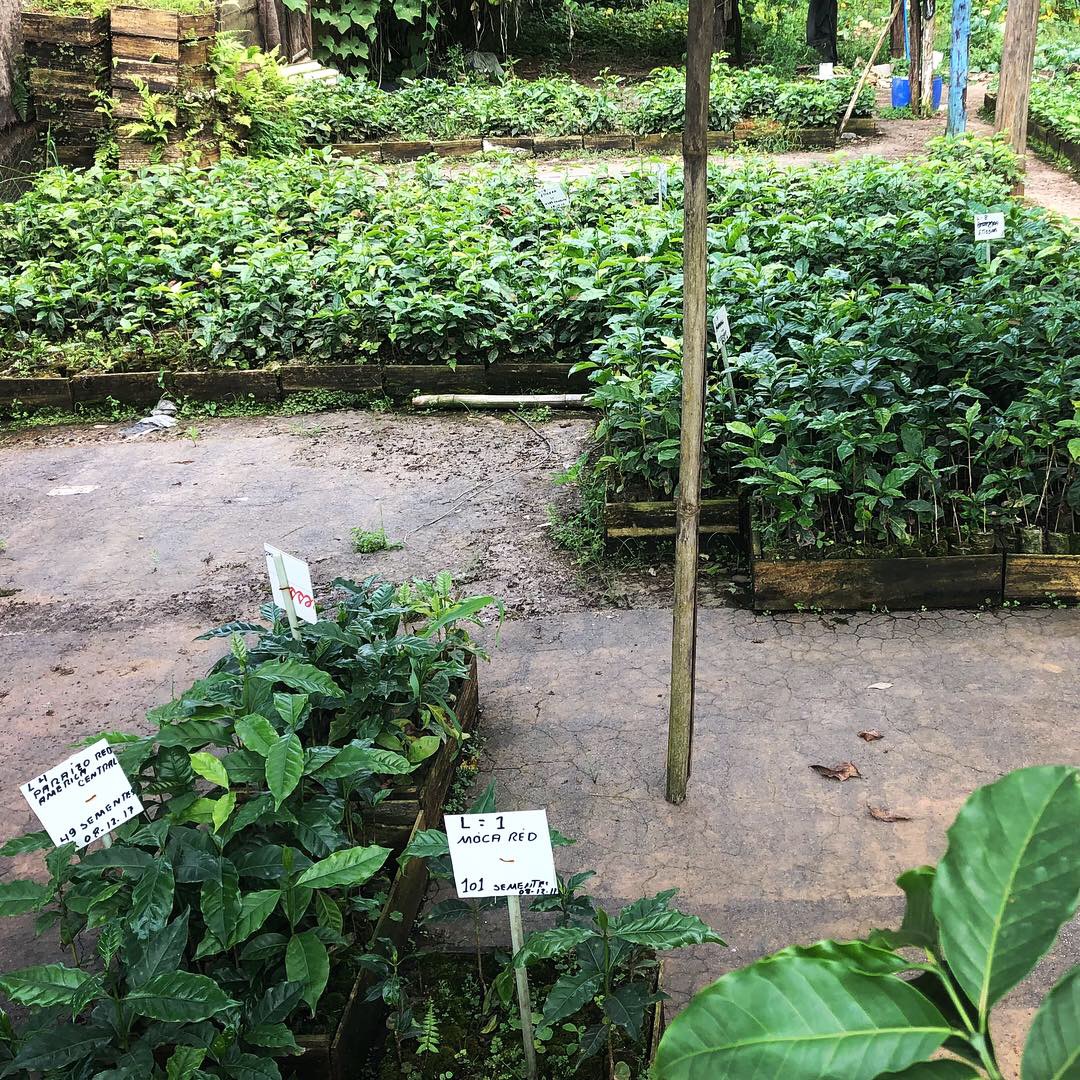
Brazil on TOP!
Clean, bright with candy-intense fruitiness, the coffees I cupped on my visit possessed none of the notes I have come to expect from Brazilian coffees. On the table were new varieties: Sudan Rume, Geisha, SL28, Yirgacheffe, Laurina, and Tanzania, featuring new fermentation methods. These profiles have caught the attention of competitors, who presented these beans on the world stage during the World Brewers Cup 2018 with great success. The winning brew, presented by Emi Fukahori from Switzerland, was a Brazilian Laurina, a variety famous for its lower caffeine content.
Looking for competition coffee?
Are you looking for something unique and astounding to present on stage? Something to spice up your offering? As a fellow competitor I have some advice for you! We will receive the very first harvest of SL28, new variety Yirgacheffe and Sudan Rume processed with anaerobic fermentation. Limited quantities are available, exclusive for coffee lovers willing to experiment along with the producers! Interested? Contact me for details, and order your samples now!

